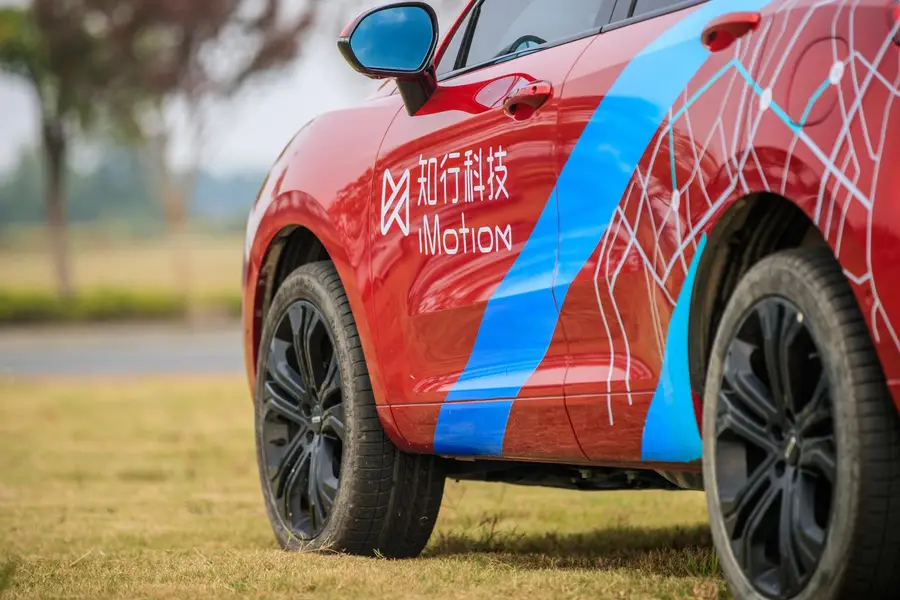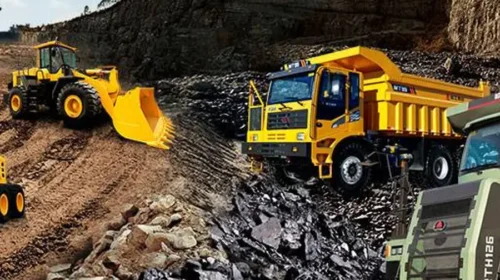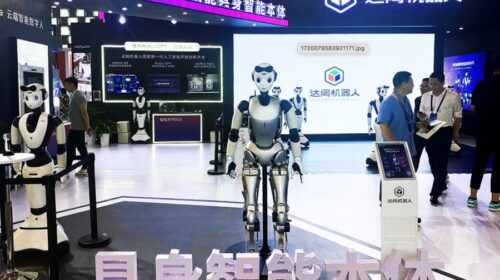Investors are tapped for more cash as iMotion’s ambitions take flight

The automotive technology company is planning to issue yet another set of shares to fund its accelerating expansion into robotics and flying cars
Key Takeaways:
- The company hopes to raise around $29 million in its third equity placement in the past year
- It has has been actively moving into the robotics arena this year
By Lee Shih Ta
A rights issue typically aims to raise strategic capital or plug a funding gap. So what if a company makes three share placements within the space of a year? Does the ever-growing equity signify anxiety or ambition?
Investors may be asking themselves this very question about the accelerated fund-raising pace of iMotion Automotive Technology (Suzhou) Co. Ltd. (1274.HK), a developer of intelligent systems for smart cars and robotics.
The company announced its latest share placement on July 13 with the aim of raising around HK$231 million ($29.43 million) in fresh funds to invest in R&D on both sides of its expanding business.
Up to 15,495,000 shares are due to be placed at HK$15.22 per share, representing a 8.97% discount to the closing price of HK$16.72 on July 11. On the automotive front, the proceeds would be spent on developing systems for advanced intelligent driving, automated driving and integrated cockpit solutions and products, as well as manufacturing facilities, the company said in its news release. Funds would also go towards R&D and mergers and acquisitions in the robotics business, as well as providing working capital.
The capital-raising has clearly stepped up a gear, in scale and speed. The company already raised HK$73.28 million last December and another HK$228 million in February this year via equity placements. By this June, the unused proceeds were down to HK$11.08 million and HK$89.48 million, showing how quickly iMotion is burning through its cash.
Soaring ambitions
A drive to become a leader in integrated robotics, automated driving systems and futuristic flying cars is depleting the company’s coffers.
In early 2025, iMotion established a wholly owned subsidiary, iMotion Robotics, to put its automation expertise to wider use. Then in May it acquired a majority stake in Suzhou Little Artisan Robotics, which owns over 60 intellectual property rights and specializes in integrated modules for humanoid robots and robotic arms. Combining large model algorithms with self-developed module manufacturing, iMotion aims to pioneer new applications in embodied AI.
Its ambitions extend to enabling the launch of airborne vehicles. The company partnered with a leading Chinese flying car company in April 2024 to provide integrated automated driving solutions. While these new ventures may seem to deviate from its core business, the core technology overlaps in key areas: perception, decision-making and control. Furthermore, iMotion has also announced plans this year to acquire a German supplier of high-safety control systems, aiming to enhance its domain controllers for international use.
The investments have begun to translate into orders for iMotion. In May it secured business from a leading maker of new energy vehicles, a couple of equipment manufacturers and an overseas automaker for high-level automated domain controllers and visual perception technology.
The company is making headway with advanced domain controllers for automated driving and platforms with low- to mid-range computing power. Its perception systems have been deployed on driver-assistance platforms such as the Renesas V4H. A strategic collaboration with China’s Horizon Robotics (9660.HK), a maker of chips for intelligent driving, has cut its reliance on Nvidia. Last year iMotion delivered 227,000 sets of intelligent driving solutions, a leap of 75% from 2023. Business agreements rose by 35 to a cumulative total of 65, with partners including Geely, Zeekr, Chery, and Dongfeng.
Losses accumulate
But those advances have come at a cost. In 2024 iMotion marked its fourth consecutive year of losses. Revenue rose a modest 2.6% to 1.25 billion yuan but gross profit margin fell to 7.28% from 9.94%, and the firm’s net loss widened 48% to 288 million yuan. R&D expenses jumped 29.56% to 281 million yuan. Excluding R&D spending, operations were basically flat, highlighting persistant cost pressure.
By the end of 2024, iMotion had approximately 456 million yuan in cash and cash equivalents. For the year, the company recorded an operating cash outflow of 103 million yuan. Big outlays this year on R&D, cross-border acquisitions and new business initiatives were bound to test its finances, which would explain the repeated share placements.
In the two days after the company released its latest plans, its stock fell about 3.2% to close at HK$16.24, still roughly 48% above an April low. That suggests investors remain somewhat upbeat about iMotion’s prospects despite concerns about near-term funding challenges. The company is trading at a price-to-sales (P/S) ratio of approximately 2.73 times, higher than the 1.96 times for Desay SV (002920.SZ) but far lower than the multiple of 17.85 for Black Sesame (2533.HK), indicating its valuation remains relatively conservative.
If iMotion can apply its automotive mass-production model to high-potential markets such as robotics and flying cars, that valuation could still be attractive. Otherwise, the dilution risks from frequent placements and ongoing earnings uncertainty could keep dictating the stock performance.
To subscribe to Bamboo Works free weekly newsletter, click here






